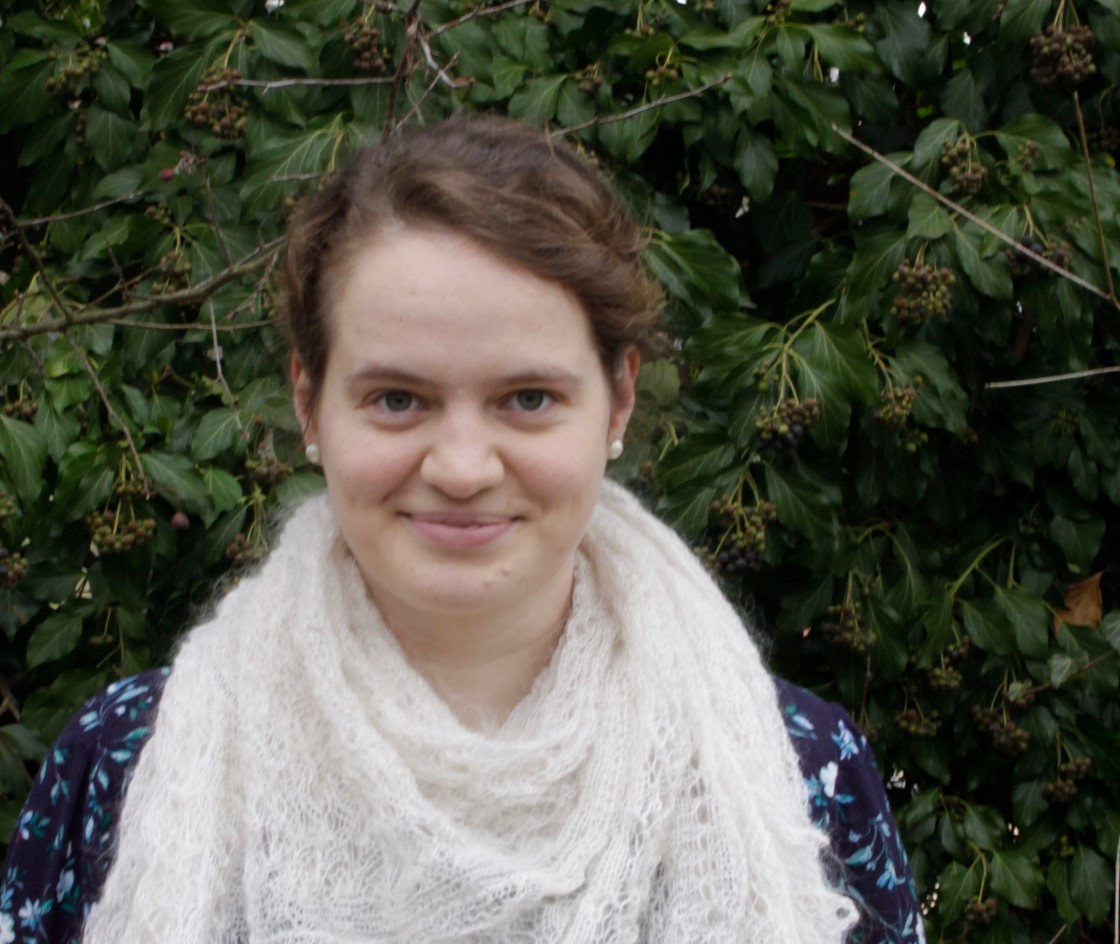
For our weekly “Ideas on Europe” editorial by UACES, we welcome Mechthild Roos, from the University of Augsburg in Germany.
This week, you’re taking us back to the democratic roots of the European integration project. Tell us what your research says about these origins.
Well, the democratic roots of today’s EU may have begun to grow more than 70 years ago. But current and ongoing debates on the democratic deficit of EU politics and the insufficient connection of the ‘European project’ to its citizens show very clearly: looking at the EU’s democratic roots is as important today as it was in the 1950s.
As you know, that’s when the European Communities were founded. And that’s when the European Parliament, as representative of the citizens, was established – although it really only became something close to a parliament later on, not least through its first direct elections in 1979, and through its gradual gain in formal powers in the 1980s and 90s.
At the beginning, in the 1950s, it was meant to be little more than a deliberative assembly, making sure the first supranational European institution – the European Commission – did not use its newly introduced powers in ways the member states would not appreciate. To fulfill the early Parliament’s limited function, its members were meant to meet only once a year. They were also no full-time parliamentarians, but delegates from the member states’ national parliaments, trying to juggle their European and national tasks and duties and keeping their constituents happy at the same time.
That sounds like quite a struggle – how did that work, combining all these different tasks?
Looking at the Communities’ founding treaties, a short trip here and there to Brussels, Strasbourg and Luxembourg would indeed have been easily compatible with the activities expected of the early European Parliament: Initially, it was not intended to pronounce its opinion on any draft legislation. It was not intended to initiate any legislation. It was also not intended to have a say on any budgetary issues. In short, again, it was not intended to be a parliament.
The thing is: that wasn’t what most of those national parliamentarians willing to take up the extra mandate at the European level wanted. They wanted – a parliament. And so that’s how they behaved, from the very first meetings of their ‘assembly’. Without being obliged to, they met on a regular – soon: monthly – basis to discuss current legislative projects and adopt opinions on them. They formed European party groups and parliamentary committees on their own initiative. They even started formulating own legislative drafts, and presented them to the Commission and the Council. Through all their different and increasingly elaborate strategies of political and institutional involvement in Community politics, they made their ‘assembly’ gain parliamentary powers.
That sounds almost too easy. Why would the member states allow them to do so? After all, the authors of the founding Treaties had their reasons to restrict the role of the ‘assembly’…
Absolutely. The member states’ governments had little interest in another powerful supranational institution, taking – as they feared – more power away from the national level. But at the same time, those governments had an interest in gaining public support for the European Community project. To raise such support, they needed to show their citizens that the Communities were more than a far-away technocratic construct. That it represented the citizens’ interests. And who better to represent citizens’ interests than – a parliament? So, in the pursuit of broader democratic legitimacy, the member states tolerated and at times even embraced the European Parliament’s gradual empowerment.
You said earlier that the European Parliament gained its formal parliamentary powers in the 1980s and 1990s. So, to what extent is this still relevant today?
Well, it is still relevant today because without the activism of the European Parliament’s very first members, the institution might not be as powerful a representative of the people as it is today. Also, we can still trace similar behaviour and similar rhetorics in today’s Parliament: Its members still complain that they do not have all the powers of a full-fledged parliament, in which they are right, for instance when it comes to the power of initiating legislation, or to co-legislative power in some policy areas with limited EU competences. So, understanding the institutional beginnings of the European Parliament and its swift evolution from a fairly powerless assembly into a co-legislative chamber actually helps us better understand what’s going on in today’s European Parliament.





